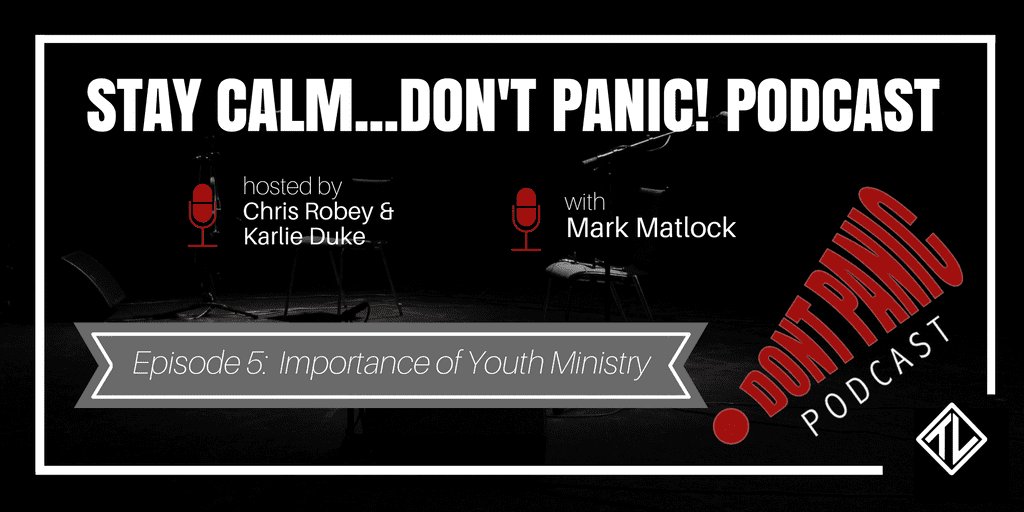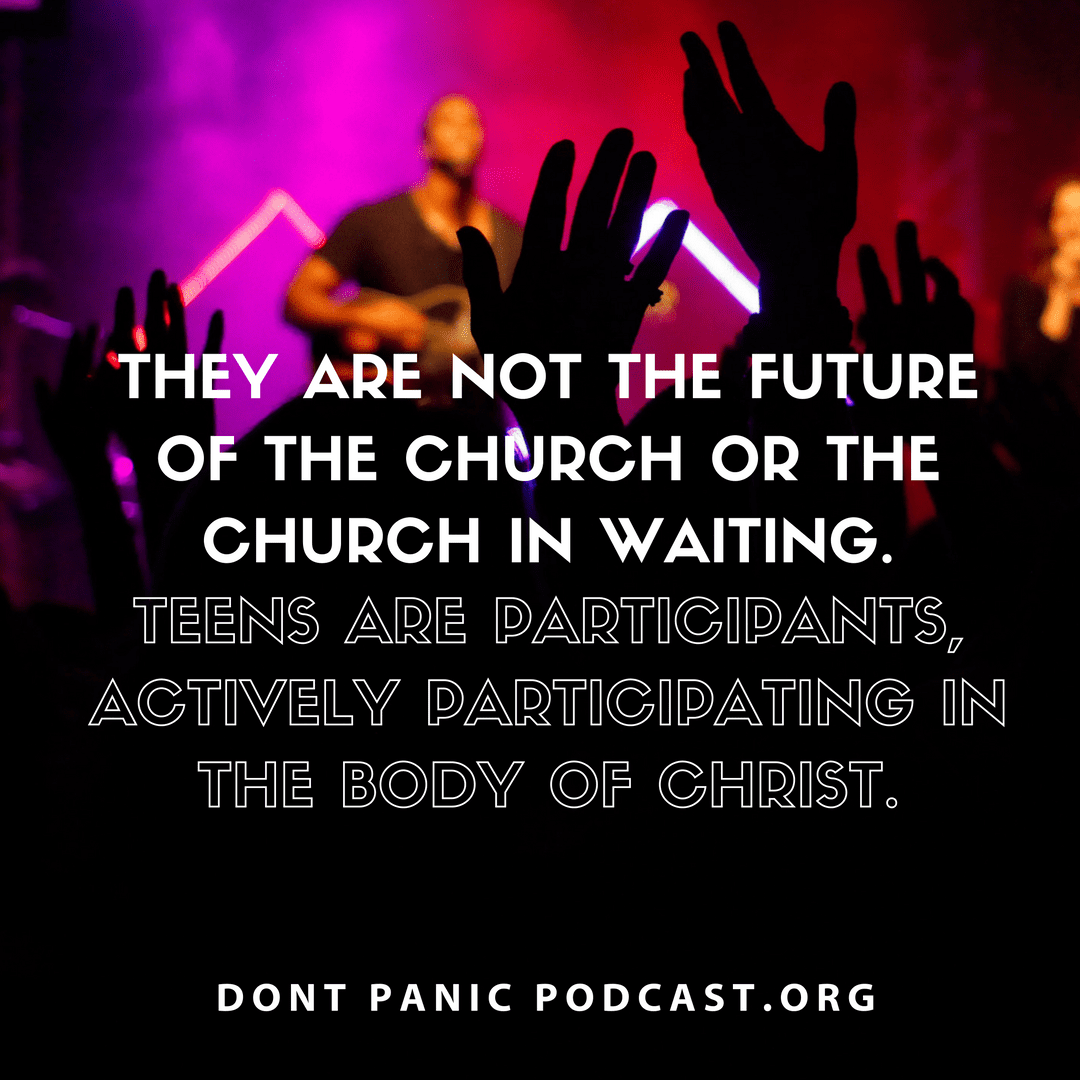
Mark Matlock Talks The Importance of Youth Ministry
Podcast: Play in new window | Download
This episode, Chris and Karlie are joined by youth ministry expert, author, and national speaker, Mark Matlock. Join the conversation as Mark discusses the importance of youth ministry and how churches can reach teenagers. Whether or not you attend church, this is a great conversation about the importance of relationships and a place to belong in the life of a teenager.
In this episode, you’ll find out…
- Why youth ministry matters.
- How to engage teenagers in the body of the church.
- The importance of intergenerational relationships.
- How youth group can impact a teenager as they move into adulthood.
Ask yourself…
- Am I intentionally placing other adults in the lives of teenagers?
- How can I better engage teenagers in the church body as a whole?
Go ask a teen…
- Do you feel like you are a necessary part of the church body?
- What is a problem you see with the church? How can we work together to solve that problem?
Resources:
- Wisdom Works: wisdomworks.com
- More on Mark: markmatlock.com
- Youth Specialties: youthspecialties.com
- Website: dontpanicpodcast.org
- Music: Under the Chandeliers
Have a question?


Karlie Duke
Communications Director

Chris Robey
Former CEO

Mark Matlock
Special Guest
Mark Matlock | Special Guest
Karlie Duke | Director of Communications
Karlie has always had a heart for teenagers. Through her role at Teen Life, she loves to showcase the amazing stories coming out of Support Groups, but she is especially passionate about helping adults and teenagers find connection. Karlie has a BS in Communications with a minor in Family Studies from Abilene Christian University.
Chris Robey | Former CEO
Chris has spent most of his career empowering teenagers from all backgrounds. As the former leader of Teen Life, he is passionate about helping students make good choices while also giving adults the tools they need to communicate more effectively with teens. Chris is a graduate of Midwestern State University and holds a Master’s Degree in Family Life Education from Lubbock Christian University.








